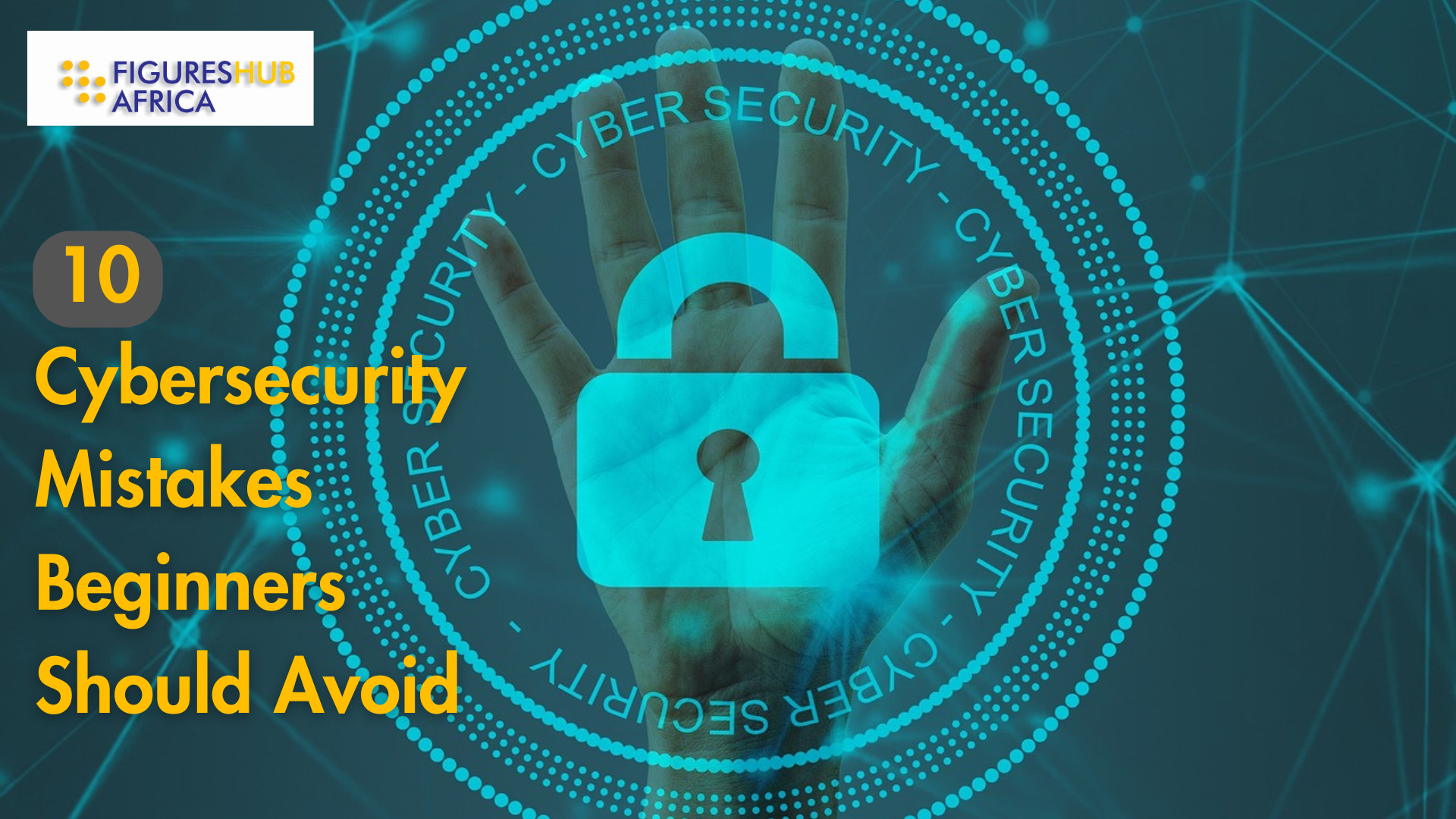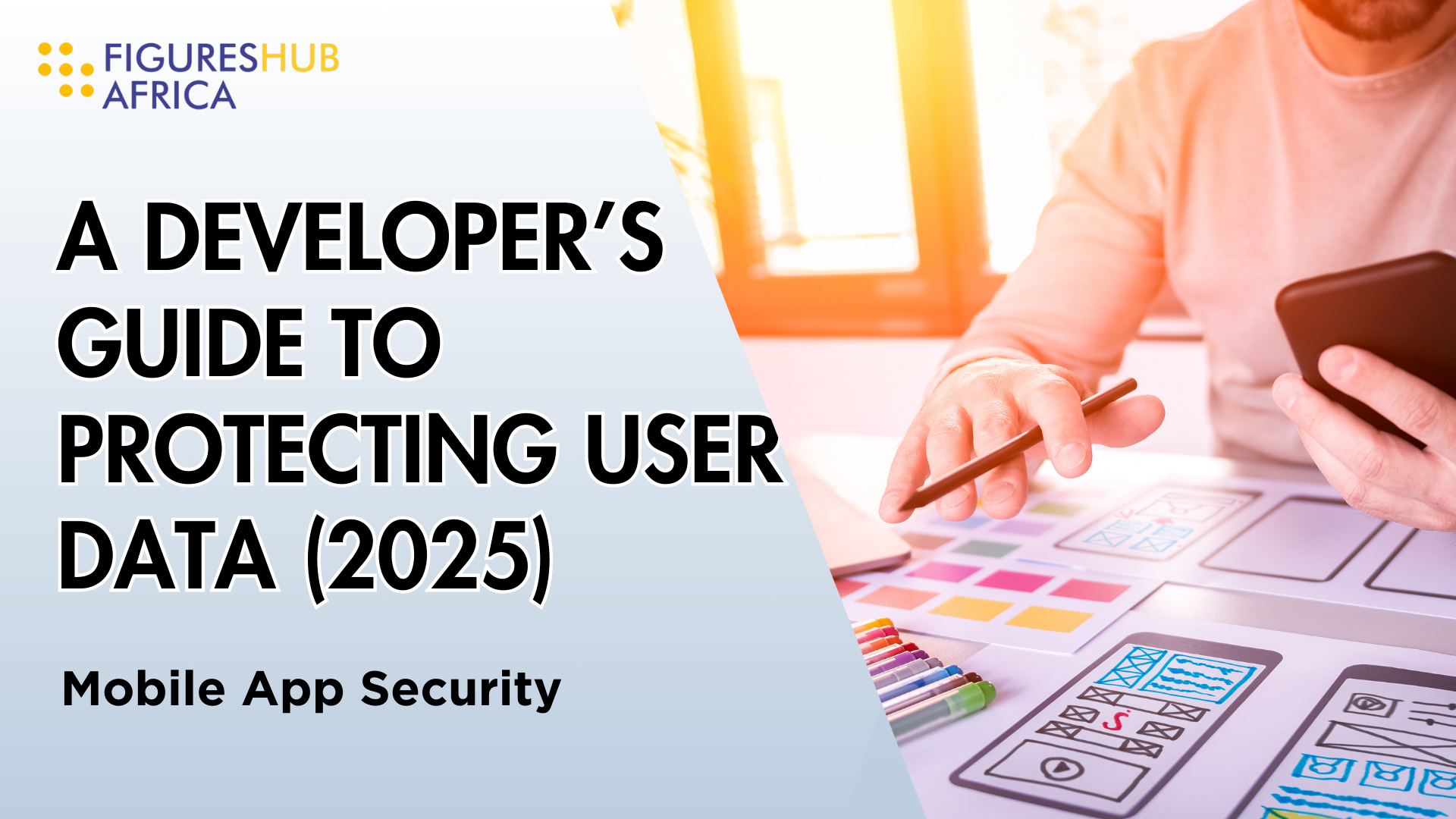Cybersecurity offers exciting opportunities, but are you starting correctly? Many beginners dive into tools and techniques too fast, feeling overwhelmed later.
Can you defend a system without understanding it first? The key to success is avoiding common mistakes like skipping the basics or ignoring ethics.
This guide helps you steer clear of these traps and sets you up for a strong start. With practical tips, you’ll confidently build a rewarding career in cybersecurity without falling into beginner pitfalls.
Cybersecurity Mistakes Beginners Should Avoid
When starting in cybersecurity, beginners often make mistakes that can slow down their progress or cause confusion. Here are some key mistakes to avoid:
Mistake #1: Lack of a Clear Learning Path
Lack of a clear learning path means beginners don’t have a structured way to learn. They might jump between topics without a plan. This can lead to confusion. For instance, someone may read about penetration testing without knowing what a network is. Without a roadmap, it’s easy to feel overwhelmed.
Fix: To avoid mistakes, create a structured learning plan. Start by defining your learning goals. Decide if you want to be a penetration tester, security analyst, or network defender. For example,
- First, learn the basics of networking such as TCP/IP, DNS, HTTP/HTTPS, and common devices like routers and switches.
- Get familiar with Windows and Linux, focusing on command-line skills.
- Study the CIA triad and basic security controls.
- Use labs or platforms like TryHackMe or Hack The Box.
- Explore advanced areas like ethical hacking or forensics.
Mistake #2: Skipping Fundamental Concepts
Skipping fundamental concepts is about ignoring essential knowledge. Beginners might focus on advanced tools without understanding the basics. For example, using Wireshark to analyze traffic without knowing how TCP/IP works is common. This mistake prevents a deep understanding of how systems operate.
Fix: Start with the basics in cybersecurity, such as networking, operating systems (especially Linux and Windows), and basic security concepts like encryption and firewalls. Understanding how the internet works, including protocols like TCP/IP, DNS, and HTTP, is essential. Build a strong foundation in these areas before moving to advanced topics like penetration testing or malware analysis.
Mistake #3: Focusing Only on Tools
Another common mistake beginners make in cybersecurity is relying too much on tools. Many think that mastering tools like Nmap, Burp Suite, or Wireshark is enough. But, tools are just that—tools. They help you perform tasks, but understanding the underlying processes is essential. For example, knowing how to use Nmap to scan a network is useful, but understanding the details of open ports, services, and vulnerabilities is essential for effective security.
Fix: Learn the theory behind the tools and how to perform tasks manually before automating them.
Mistake #4: Neglecting Hands-On Practice
Many beginners in cybersecurity overlook hands-on practice. Reading books or watching tutorials is helpful, but practical experience is essential. Without applying what you learn, it’s easy to forget key concepts. For example, knowing about network security won’t help if you’ve never configured a firewall.
Fix: To succeed, beginners should practice using virtual labs and real-world scenarios to build confidence and skill. Sites like TryHackMe, Hack The Box, and VulnHub offer practice scenarios.
Mistake #5. Not Keeping Up with Security News
Not keeping up with security news is a major mistake for beginners in cybersecurity. The field changes quickly, with new threats and vulnerabilities emerging daily. Staying updated is essential to avoid using outdated methods. If you miss the latest security threats, you won’t know how to defend against them.
Fix: Stay updated by following cybersecurity blogs, podcasts, and forums. Good sources of cybersecurity news include Krebs on Security, Threatpost, Bleeping Computer which provide the latest on vulnerabilities, breaches, and security trends.
Mistake #6. Ignoring Soft Skills
Many beginners focus only on technical skills in cybersecurity, neglecting soft skills like communication and documentation. But, cybersecurity isn’t just about solving technical problems—it’s also about explaining them clearly.
When you identify a security issue, you must explain it to non-technical people like managers or clients. If you can’t communicate the problem and solution clearly, it can cause confusion and delays.
Fix: Cybersecurity professionals need to explain complex issues to non-technical people. Good writing, reporting, and teamwork are essential, especially for roles like incident response or consulting.
Mistake #7: Underestimating the Importance of Networking and Collaboration
Many beginners try to learn cybersecurity alone, missing the benefits of collaboration. Cybersecurity is a collaborative field, and engaging with others helps you learn new tools and strategies. You can also get advice from experienced professionals when facing challenges.
Fix: Join online forums, attend security meetups like OWASP or DEFCON, and participate in Capture The Flag (CTF) competitions. Networking improves your skills and opens doors to job opportunities and collaborations.
Mistake #8. Chasing Certifications Without Skills
Many beginners believe certifications will guarantee a job in cybersecurity. While certifications like CompTIA Security+ and CEH are valuable, they are not enough without practical experience. Cramming for exams without fully understanding the material can be a problem. Certifications validate skills, but employers expect you to apply them.
Fix: Get hands-on experience and problem-solving skills more than certifications alone.
Read more here: Career Shift: IT to Cybersecurity Transition Guide
Mistake #9: Neglecting Legal and Ethical Boundaries
Many beginners in cybersecurity ignore the importance of legal and ethical boundaries. They may be eager to learn and experiment but forget that some actions are illegal. Hacking without permission is illegal, even if the intent is good. This can lead to serious consequences, such as legal action and a damaged reputation.
Fix: Beginners should learn about the legal frameworks in cybersecurity. Ethical guidelines from organizations like (ISC)² and the Association for Computing Machinery (ACM). Joining ethical hacking programs or “bug bounty” initiatives allows for legal testing of systems while respecting these boundaries.
Mistake #10: Not Asking for Help
Cybersecurity can be intimidating, and many beginners hesitate to ask for help, fearing they’ll look inexperienced. However, cybersecurity is a complex field, and everyone needs help at some point. Whether you’re struggling with a technical concept or unsure about career advice, don’t hesitate to reach out.
Fix: Many online communities are available to help beginners. Platforms like Reddit, Stack Overflow, and Discord have active cybersecurity groups. Mentorship from experienced professionals also offers valuable guidance and advice.
Conclusion
In cybersecurity, avoiding common mistakes can make all the difference in your learning journey. By focusing on the fundamentals, staying up-to-date, and gaining hands-on experience, you can set yourself up for success. Remember, cybersecurity is a dynamic and collaborative field. Always seek help when needed, stay ethical, and never stop learning. Looking to sharpen your cybersecurity skills? Visit FiguresHub to start your journey today!



